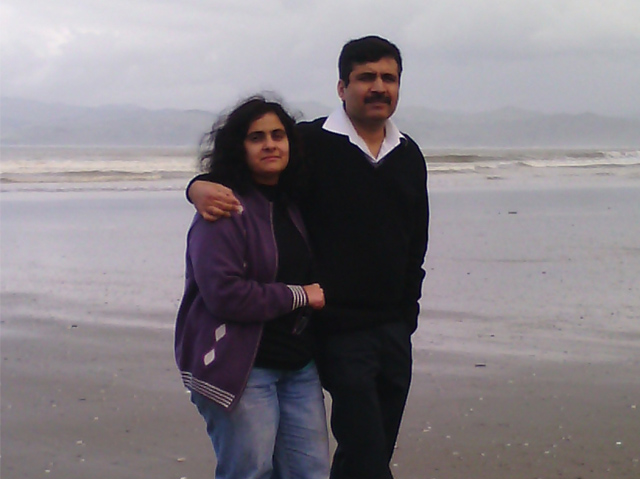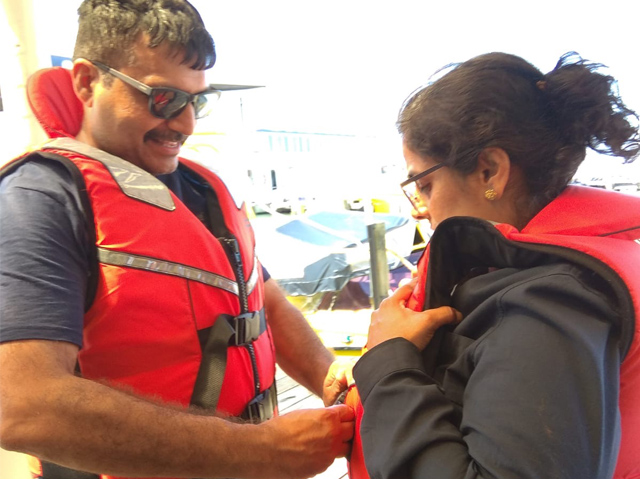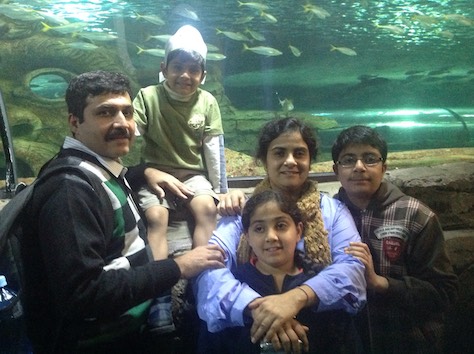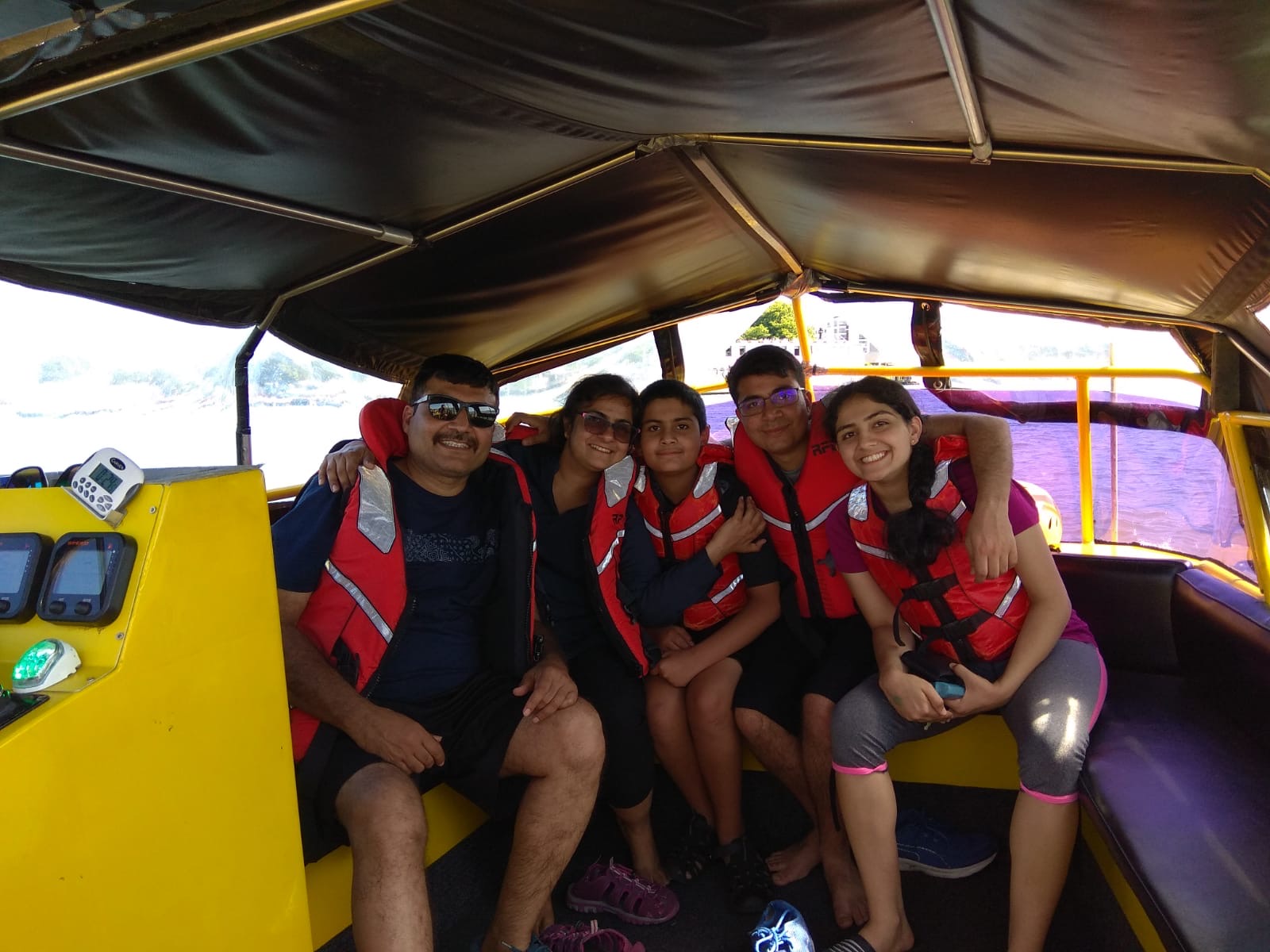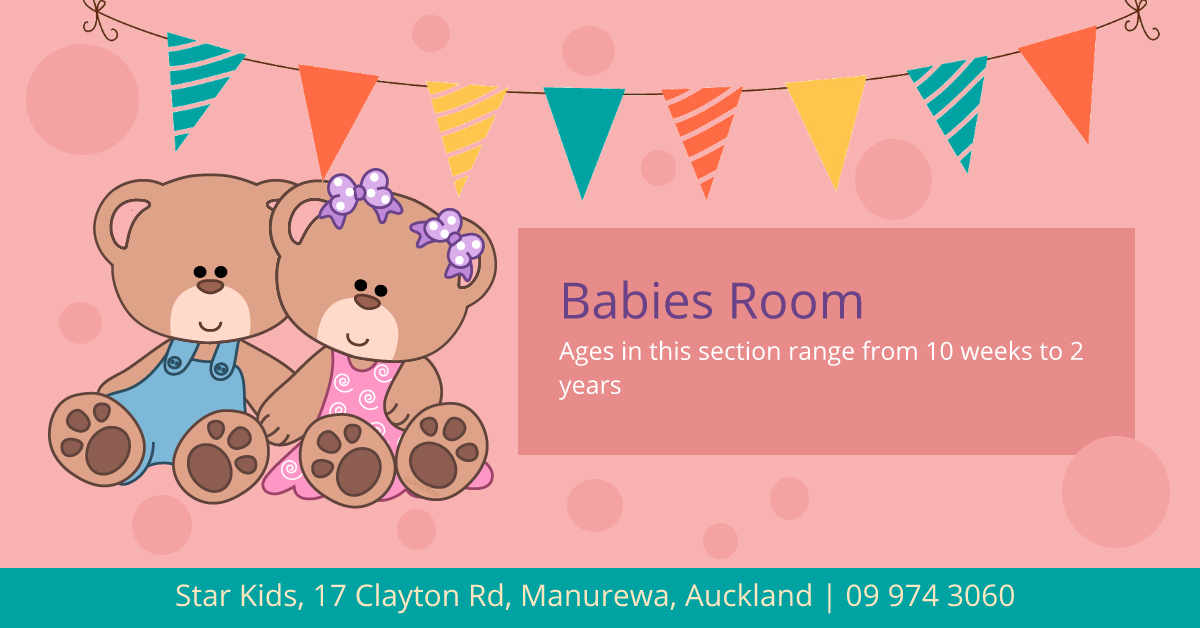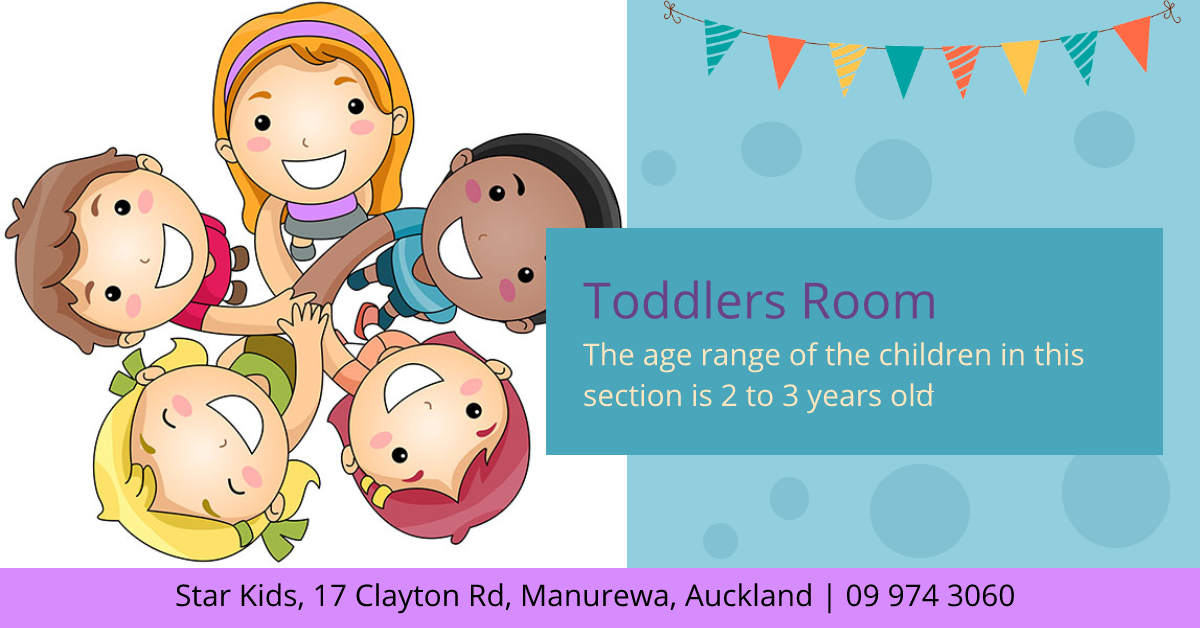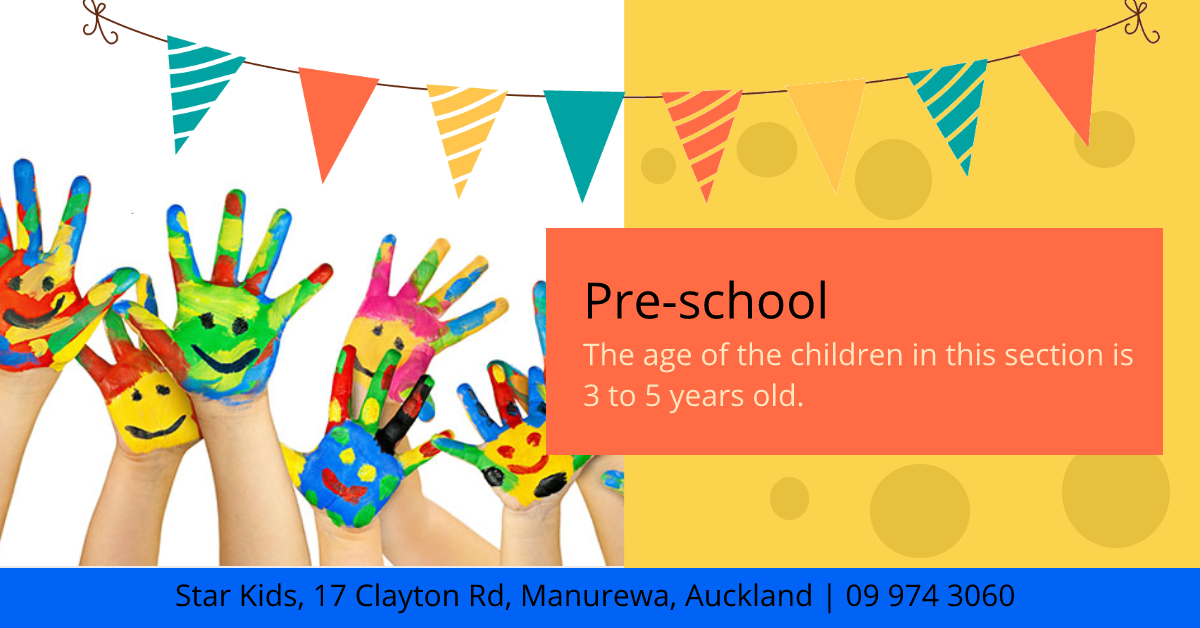ABOUT US
Amit and Somna both are Directors and Owner for this Childcare centre. Amit is a registered optical dispenser and he is helping Somna in Administration Part. Somna is a qualified registered ECE teacher with more than 12 years’ experience. From Back India she is post graduated and also working as a ECE Qualified teacher. Star Kids Childcare is a family oriented centre and licensed for 36 children, including 14 under 2’s.
BACKGROUND OF OUR CENTRE
Our centre is a family-oriented centre and the centre operators belong to a profound teaching family. Over the past three generations Amit’s family is in teaching and medicine. They believe their parents, Mr.Maher Chand Chaudhary, Mrs. Sheela Chaudhary, Mr. Narender Prakash Malik, Mrs. Sunita Malik, have always supported them and their blessings are always with Star Kids Childcare. We are thankful to our parents and elder brothers Mr. Aseem Choudhary and Dr Neeraj Chaudhary, who encouraged us to help Tamariki in their education and provide them with a quality environment. Our whole family believes in “Ako” which states we are all learners. “Our personal statement is based on the Maori Whakatauki Na to rourou, na taku rourou ka ora ai te iwi with your food basket (Philosophy, Believes, Cultural values and Knowledge) and my food basket the children will thrive”.
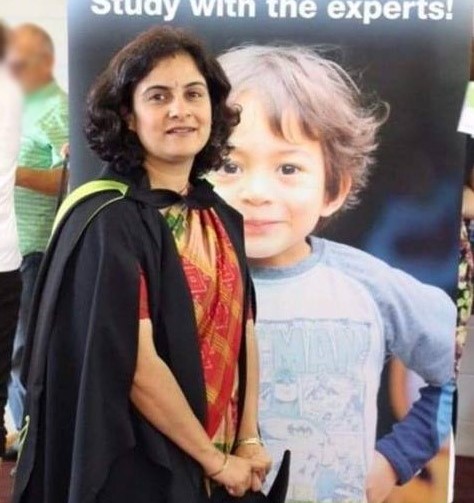
THE CENTRE MANAGER
Kia Ora Whānau
My name is Somna Chaudhary, I am from India (New Delhi). I came to New Zealand in 2007, with my husband and two children. I am post graduate and I have finished my diploma in early childhood education in India. After that I was working in Delhi as an early childhood teacher for twelve years. I also upgraded my qualification in New Zealand and finished my Bachelor’s in early childhood education. Now I am fully registered and qualified ECE teacher and a mother of three lovely children Vidit, Anika, and Mahe Chaudhary.
At present I am a working as a center manager in Star Kids Childcare. I am very passionate about my profession and throughout this teaching journey my philosophy is inspired by valuable and meaningful theories. Firstly, I am inspired by Te Whāriki (Ministry of Education, 1996), it suggests that each child should respect; their identity, language, values, interest, abilities and family routines even if they are different from others. As a professional educator I believe it is our responsibility to observe and support each child’s interest, abilities and cultural values.
As a bicultural practitioner I always respect Te Tiriti o Waitangi and I am aware of Māori pedagogies. At present I am using Ako (we are all learners), Tuakana/Teina (working with elder children) and Āta, it encourages us to build honest relationships with care and deliberation with tamariki, and through this they can gain confidence and learn about the boundaries and rules without harming their performance, identity and culture.I also believe in “Whanaugatanga”, it means “Relationships”. I acknowledge that family and parents play a very important role in the child’s life. Home is the first educational center and grandparents and parents are the first teachers in a child’s life.
I am also passionate about sustainability and I think Eco-friendly environment, design and activities support our community and tamariki to think more about nature and to raise awareness about our planet. These efforts also help everyone to become more sustainable and participate in sustainable practices. I also found similar ideas and expressions in the following Māori Whakataukī, (as cited in Vaealiki, 2008, p.200).
“Manaaki whenua – Care for the Land
Manaaki tangata – Care for the People
Haere whakamua – Go forward”
At present I am working on inclusiveness and I support “pedagogical practices” because through this widest teaching I can involve children’s aims, values and epistemological considerations in my teaching. Through this practice I can also facilitate the culturally responsive environment, where heterogeneous groups of students can engage in different activities.

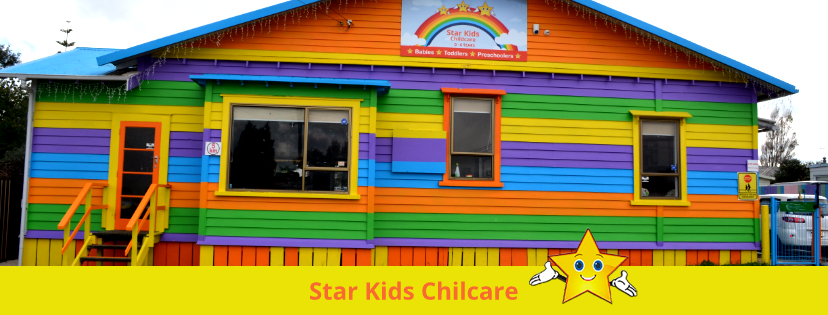
Outcomes for children: When parents and teachers work together to support children’s learning, the children:
We value parents as partners in their children’s learning
It is important for parents to be involved in decisions about their child’s learning and have information from teachers about the learning their child is doing at our centre as this helps parents and teachers to work together in the best interests of each child.
Formal opportunities for parents to talk with teachers: Parents are encouraged to regularly organise a time to talk with teachers or the centre manager. Every three months we organise an afternoon and evening when teachers are available. Outside of these times parents can organise a time that works for them and the teacher or centre manager. This can be in person or by phone. Any parents, who have concerns about their child’s learning are encouraged to talk with a teacher or the centre manager as soon as possible.
Informal opportunities for parents to talk with teachers: Whenever parents are in our centre to play or to drop off or pick up children they are welcome to talk about their child’s learning with our teachers. Informal conversations can also happen when a parent comes on trip or to a family event at the centre. This is a good time to share positive comments and stories about what had been happening at home and the centre. As children and other adults may hear anyone’s comments it is important that care is taken to make sure anything that is said is kind and respectful. It is important to only have short conversations with teachers as they are working with all children.
Opportunities for parents to contribute: Opportunities for parents to tell us about their aspirations when they enroll their child.
• Regular opportunities for parents to see their child’s portfolio and comment.
• Our monthly planning on the wall and are happy to discuss this with parents and add their ideas.
• Opportunities for parents to share their knowledge and skills with teachers and children.
• Regular assessment of children’s learning journey and opportunities for parents to discuss this.
• Opportunities for parents to contribute to the learning goals for their child and be involved in decision-making concerning their child’s learning.
